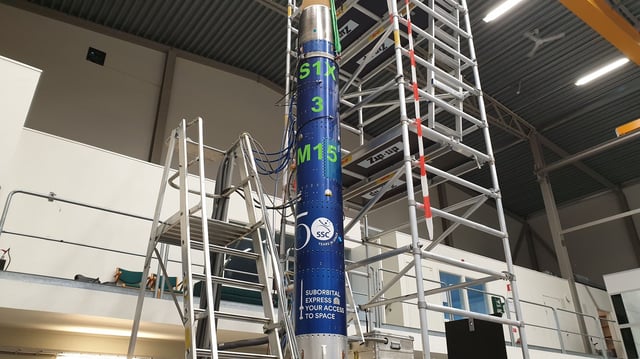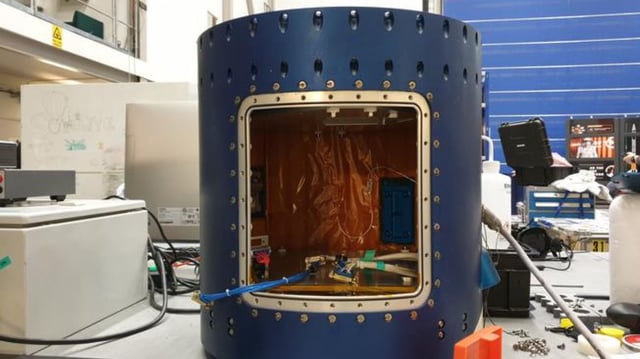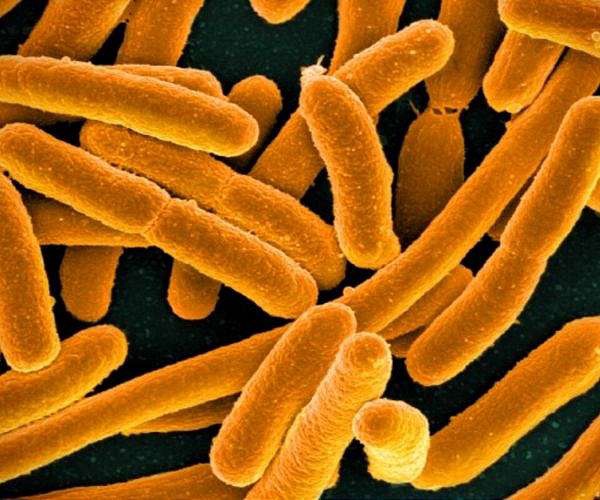Overview
- Bacillus subtilis spores remained structurally intact and biologically viable after a sounding-rocket flight that included minutes of microgravity and extreme accelerations.
- The payload experienced about 13 g on ascent, re-entry decelerations up to roughly 30 g, and high-rate spin near 220 revolutions per second according to the study.
- The experiment, published October 6 in npj Microgravity, was led by RMIT University with ResearchSat, Numedico Technologies, and the Swedish Space Corporation.
- Researchers analyzed recovered samples at RMIT facilities, positioning the durable B. subtilis as a benchmark for future tests on more delicate organisms under real flight conditions.
- The team cites implications for astronaut life-support design and microgravity biotechnology, while noting applications on Earth remain preliminary and further funding is being sought for expanded studies.



